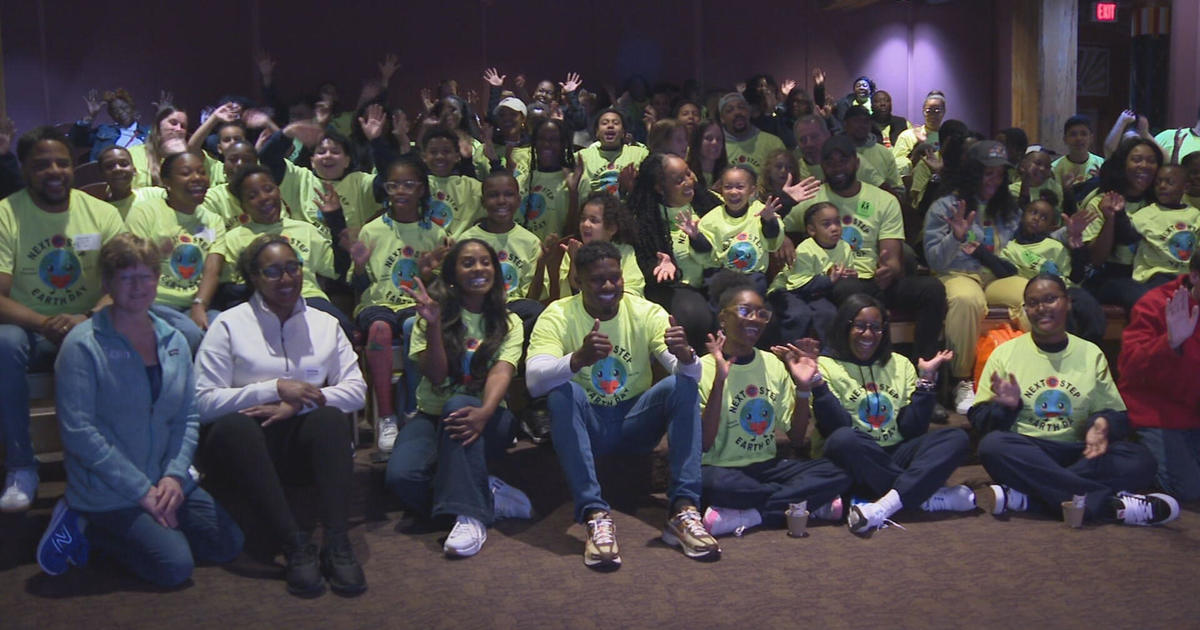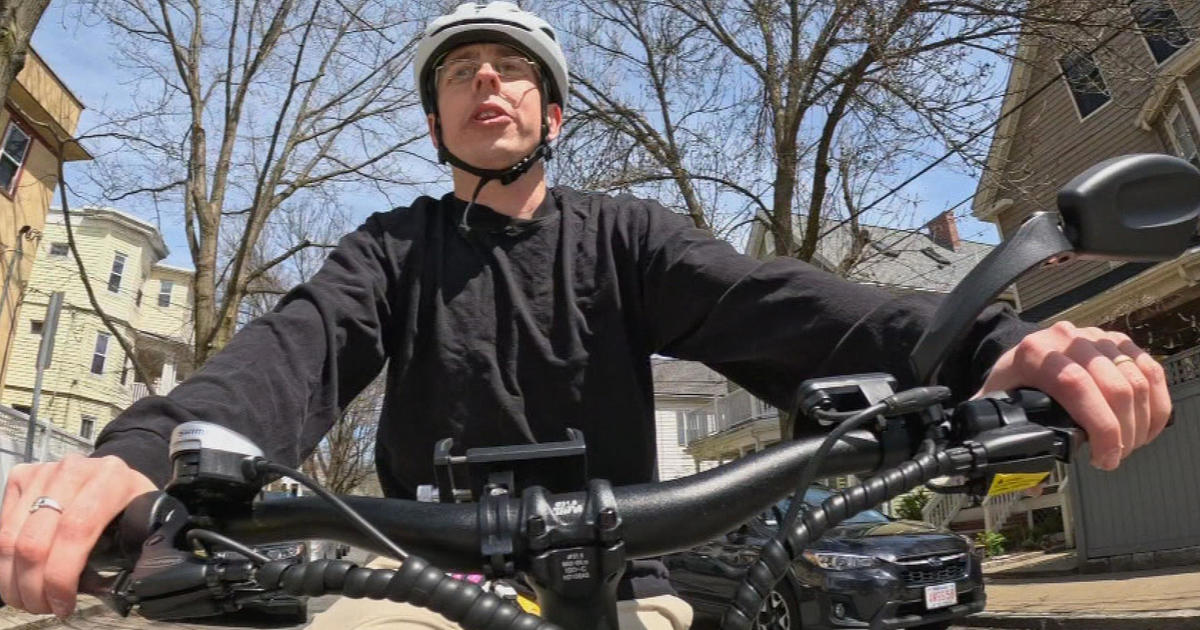It Happens Here: Tewksbury is home to America's first Public Health Museum
TEWKSBURY -- Just about a three-minute drive from the doors of Tewksbury Hospital is America's first Public Health Museum.
"We exist to try to convey to the public what public health is all about," museum president Dr. Al DeMaria told WBZ-TV.
Public health is defined as the science of protecting and improving the health of people and their communities.
"Back in the 1960s and 70s, some very visionary people thought having a physical museum would be a way of bringing people in and having a place to honor and educate about public health," said DeMaria.
The museum opened in 1994 and has fascinating artifacts that existed and helped with public health in the past. We have come a long way.
"In the 19th century, the number one cause of death was infection. About two-thirds of everybody who died, died from infection. And then in the 20th century, it's about five percent," DeMaria explained.
In the infectious diseases room, there's an iron lung that they used to treat polio.
"The idea is that low pressure in the tank pulls your chest open. You can draw in the air and then your chest collapses on its own and exhales," DeMaria said.
The infectious disease room has information on tuberculosis and its effect on people in Massachusetts in the 19th century. One out of every three people who died in Massachusetts, died of tuberculosis then.
There is a room on mental health. We have come a long way, but we still have a ways to go.
The next room is nursing. "Many of the pictures in this room are actually nurses who graduated from Tewksbury Hospital," DeMaria said.
"The public health nurses in the late 1940s, early 1950s, public health nurses were still visiting every new parent."
Even though there have been so many advances in public health, we still have some of the same problems that we had back in the 1900s. For example, water.
"Large parts of the world don't have safe water. That causes an enormous amount of illness, especially in children," said DeMaria.
For more information, visit the museum's website.




